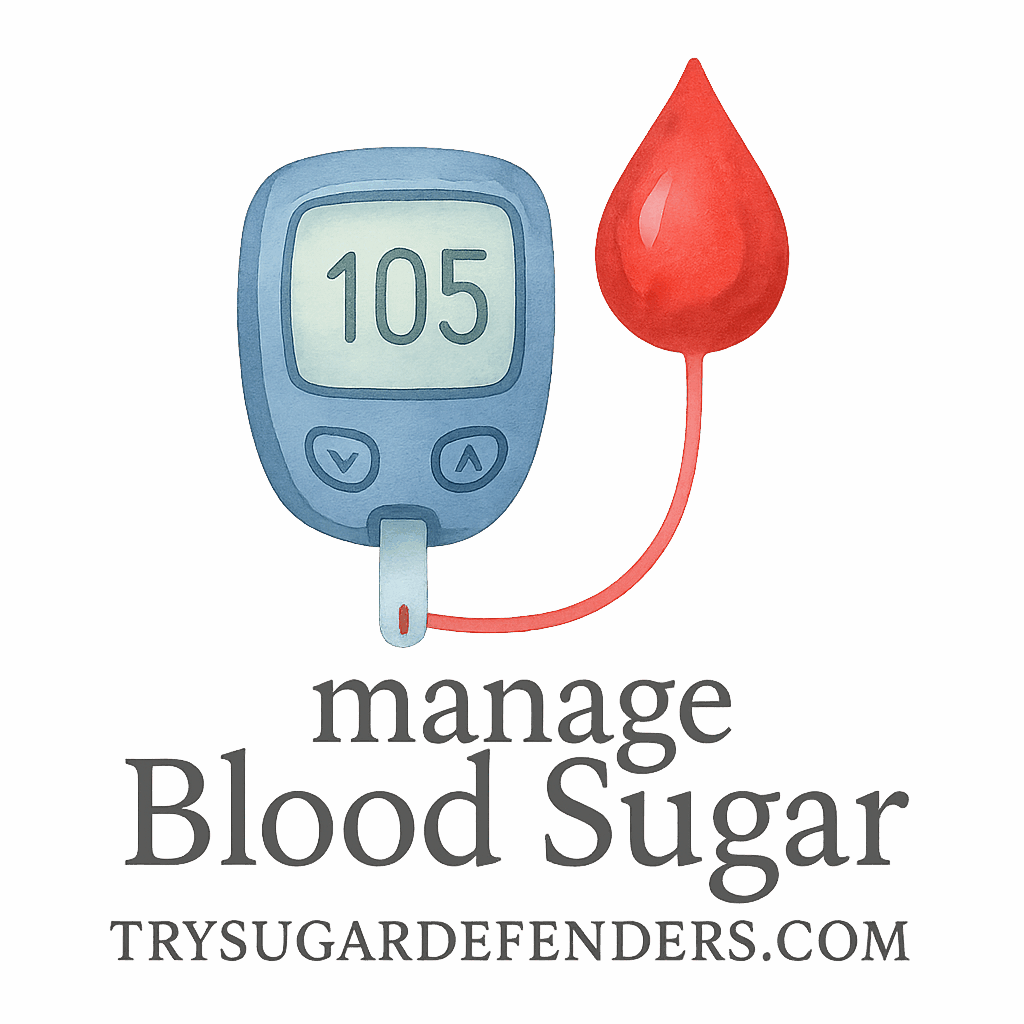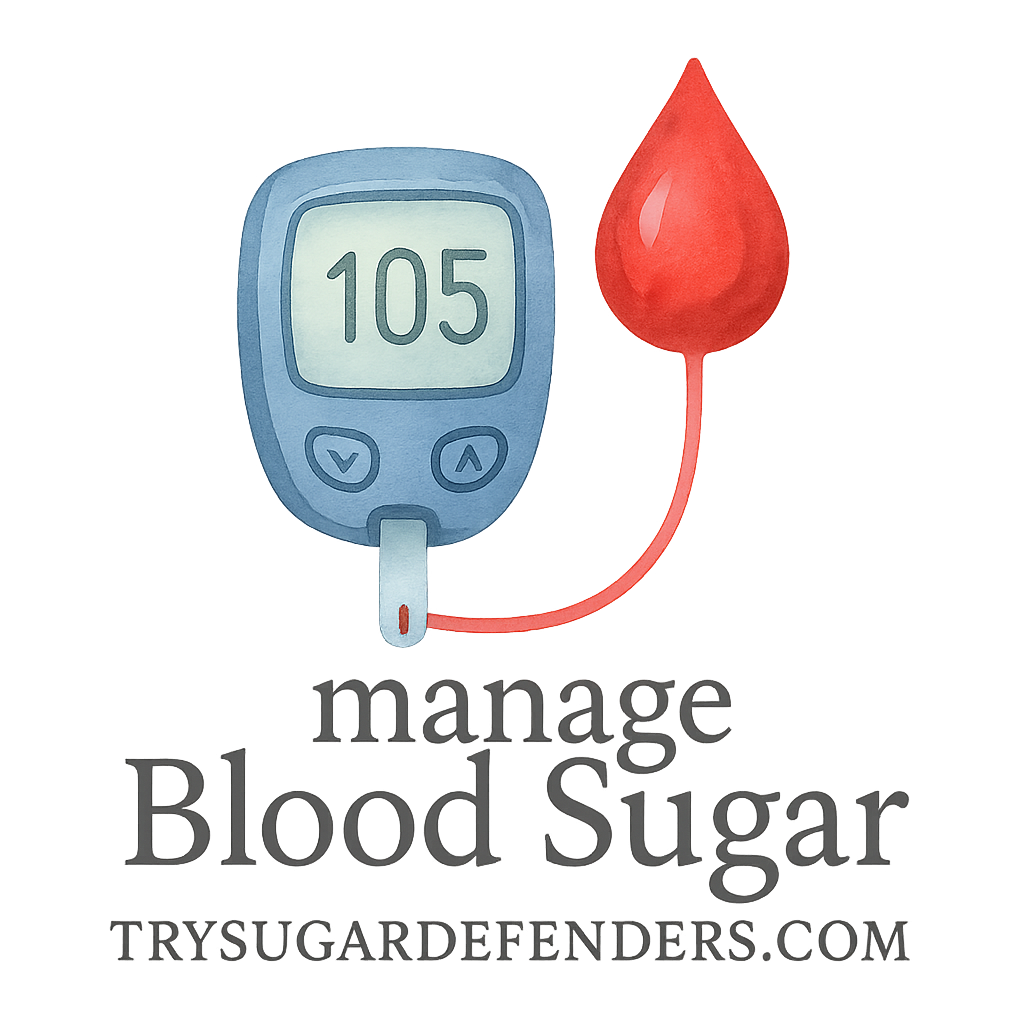Ever feel like your doctor’s visit ends before you can even ask what’s on your mind? Endocrinologist appointments are super important—especially when managing chronic conditions like diabetes, thyroid issues, or hormonal imbalances. But to get the most out of that short time, you need to come in prepared with the right questions. Let’s break it all down!
Why Seeing an Endocrinologist Matters
What Does an Endocrinologist Do?
Endocrinologists are like the hormone detectives of the medical world. They specialize in diagnosing and treating problems related to hormones, which affect everything from metabolism to mood to growth.
When Should You See One?
If you’ve been diagnosed with diabetes, thyroid disorders, PCOS, adrenal issues, or any condition that relates to hormones or blood sugar, it’s time to bring in a specialist. These experts offer a deeper dive into your condition and tailor a personalized plan that goes beyond general practice.
Preparing for Your Appointment
Bring Your Medical Records
It helps to have a summary of your current meds, lab results, and past diagnoses. That way, your endocrinologist doesn’t have to piece together your history like a jigsaw puzzle.
Track Your Symptoms and Blood Sugar
If you’re managing diabetes or other glucose-related issues, bring a log of your readings. Apps, journals, or smart monitors—whatever works for you. Monitoring & Tracking is essential for personalized care.
Top 10 Questions to Ask at Your Endocrinologist Appointment
Let’s get to the good stuff. Here are the top questions to have in your back pocket—and why they matter.
1. What Is the Current Status of My Blood Sugar Control?
Knowing your A1C and daily glucose trends helps you understand if your current plan is working. This data is critical for proper monitoring and tracking and long-term health.
2. Are My Symptoms Related to Hormonal Imbalances?
Feeling tired, gaining weight, or experiencing mood swings? It might be hormonal. Your doctor can link your symptoms with conditions like adrenal fatigue or hypothyroidism. Ask how behavioral and mental strategies can help manage stress and mood.
3. Do I Need to Adjust My Medication or Supplements?
Medications aren’t one-size-fits-all. Based on your recent lab work, your endocrinologist may adjust your doses or recommend new medical supplements.

4. What Type of Diet Works Best for My Condition?
Everyone talks about low-carb or Mediterranean diets—but what’s right for you? A tailored diet and nutrition plan can help you manage your energy, hormones, and weight better.
5. How Often Should I Monitor My Levels?
The answer depends on your condition and treatment. Continuous glucose monitors (CGMs) or finger-prick tests—what’s the best option for you? Explore the pros and cons of monitoring devices.
6. What Are the Risks of Not Managing My Blood Sugar?
High blood sugar doesn’t just affect your mood—it can lead to nerve damage, kidney issues, and even blindness. Learn more about healthblood sugar and what neglecting it could cost.
7. Can Lifestyle Changes Improve My Hormonal Balance?
Yes! Even small adjustments in your daily routine can have a big impact. Discuss possible exercise and lifestyle changes that support hormonal harmony.
8. Are There Any New Treatments or Research I Should Know About?
The world of endocrinology is constantly evolving. Ask about clinical trials, new medications, or advanced medical methods that may benefit you.
9. Should I Be Screened for Other Conditions?
Hormonal imbalances often go hand-in-hand with other issues. A good endocrinologist will screen for related conditions. Consultation helps catch problems early before they spiral.
10. How Can I Set Realistic Health Goals?
Goals keep you accountable. Whether it’s losing weight, lowering A1C, or managing your thyroid, a solid goal-setting plan makes a world of difference.
Final Thoughts Before You Leave the Office
Don’t Forget to Follow Up
Make sure to schedule your next visit and ask how often you should return. Regular appointments help track progress and catch issues early.
Bring a Support Person If Needed
Sometimes it’s hard to take in everything during a medical appointment. Having a friend or family member there can help you remember what was said—or even ask questions you forgot!
Conclusion
Visiting an endocrinologist isn’t just about tests and numbers—it’s about taking control of your health. Coming in prepared with questions ensures your visit is productive, focused, and empowering. So print this list, jot down your personal concerns, and make the most of every minute with your specialist. Your hormones—and your future self—will thank you.
Want more tips on managing your health? Explore:
- Blood Sugar Monitoring
- Diet & Nutrition Guides
- Mental Strategies for Control
- Fitness and Lifestyle Tools
- Doctor Consultation Tips
Frequently Asked Questions (FAQs)
1. How do I prepare for my first endocrinologist appointment?
Bring your medical history, current medications, recent lab results, and a list of symptoms or concerns.
2. What’s the difference between an endocrinologist and a general doctor?
Endocrinologists specialize in hormone-related disorders, while general doctors provide broader care.
3. Can an endocrinologist help with weight loss?
Yes, especially if your weight is linked to thyroid, insulin, or metabolic imbalances.
4. How often should I visit an endocrinologist?
It depends on your condition—usually every 3 to 6 months unless advised otherwise.
5. Is it okay to change my supplements without asking my endocrinologist?
Nope! Always consult your doctor before adjusting medications or supplements.
6. What’s the best diet for someone with blood sugar issues?
The Mediterranean diet and low-glycemic plans are often effective, but personalization is key.
7. Can mental health impact hormone balance?
Absolutely! That’s why mental strategies like CBT and stress reduction can be crucial for hormonal regulation.


